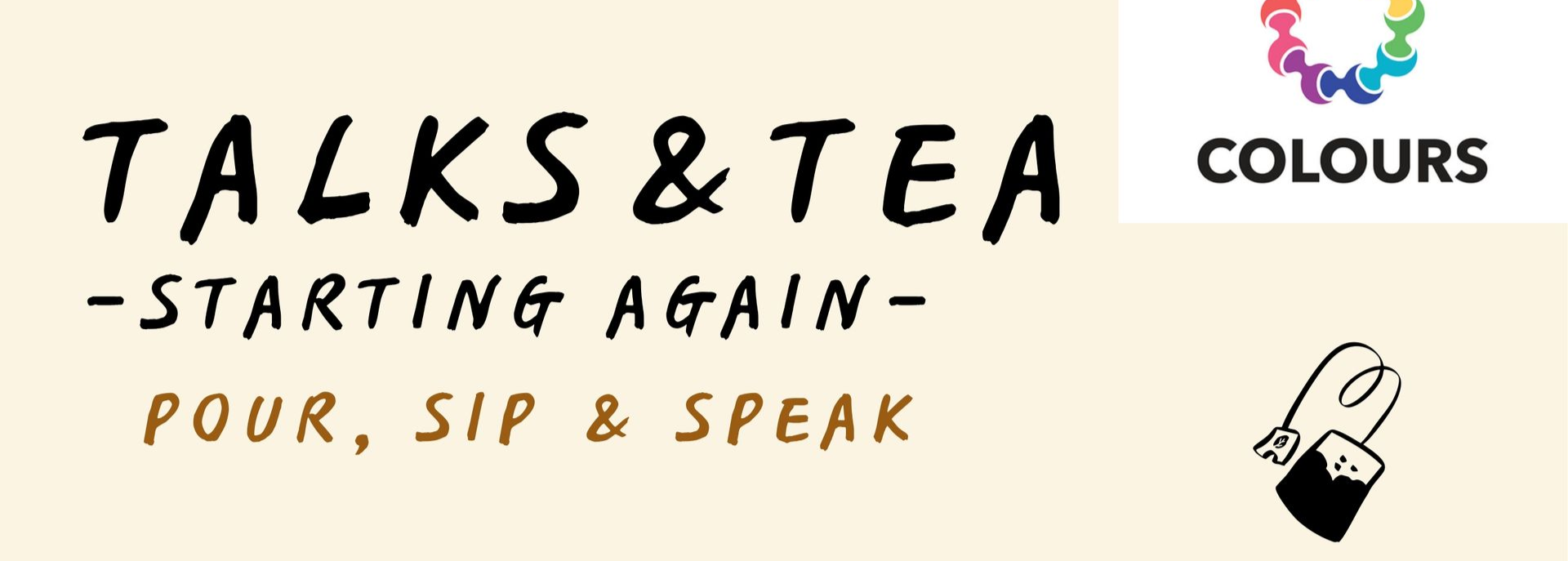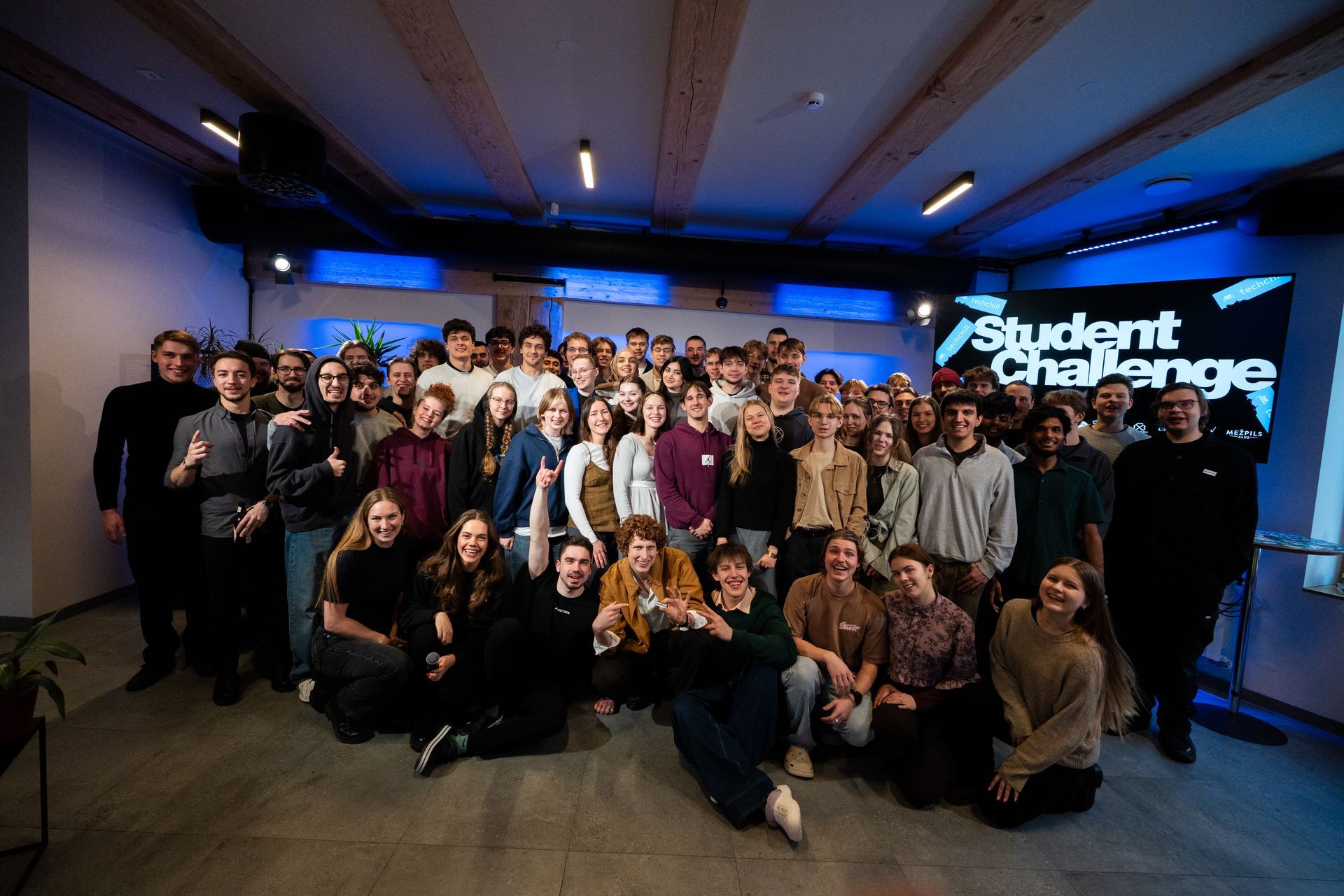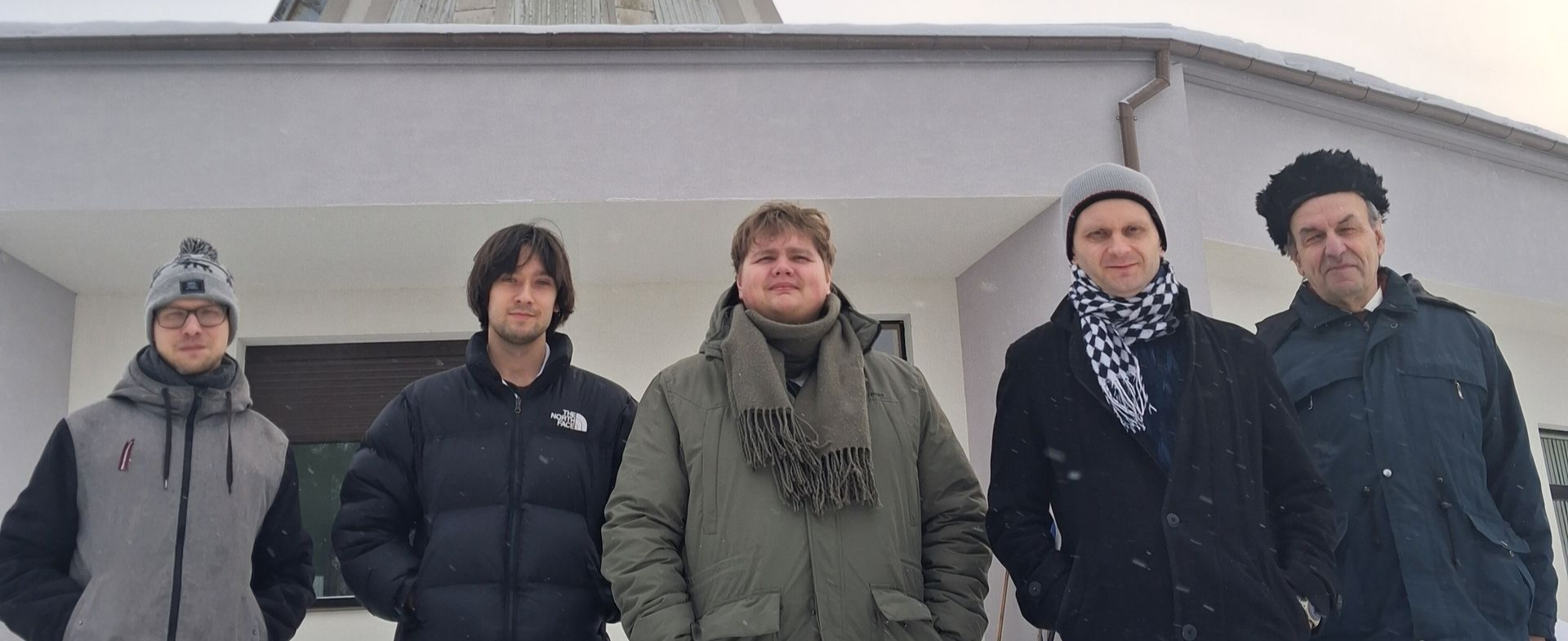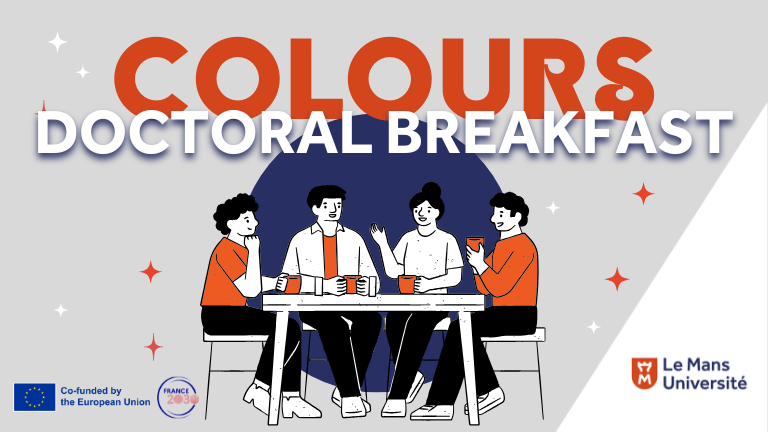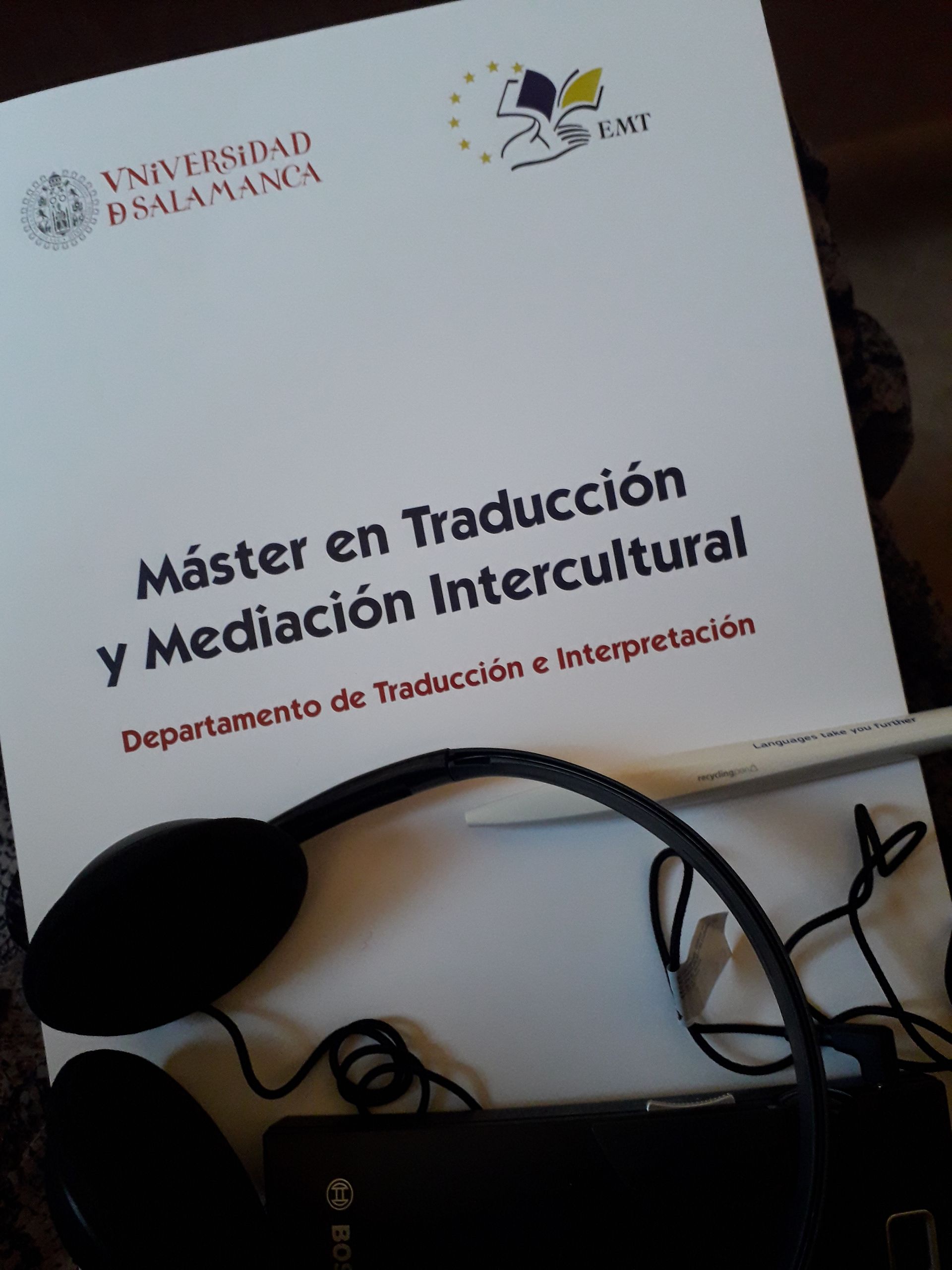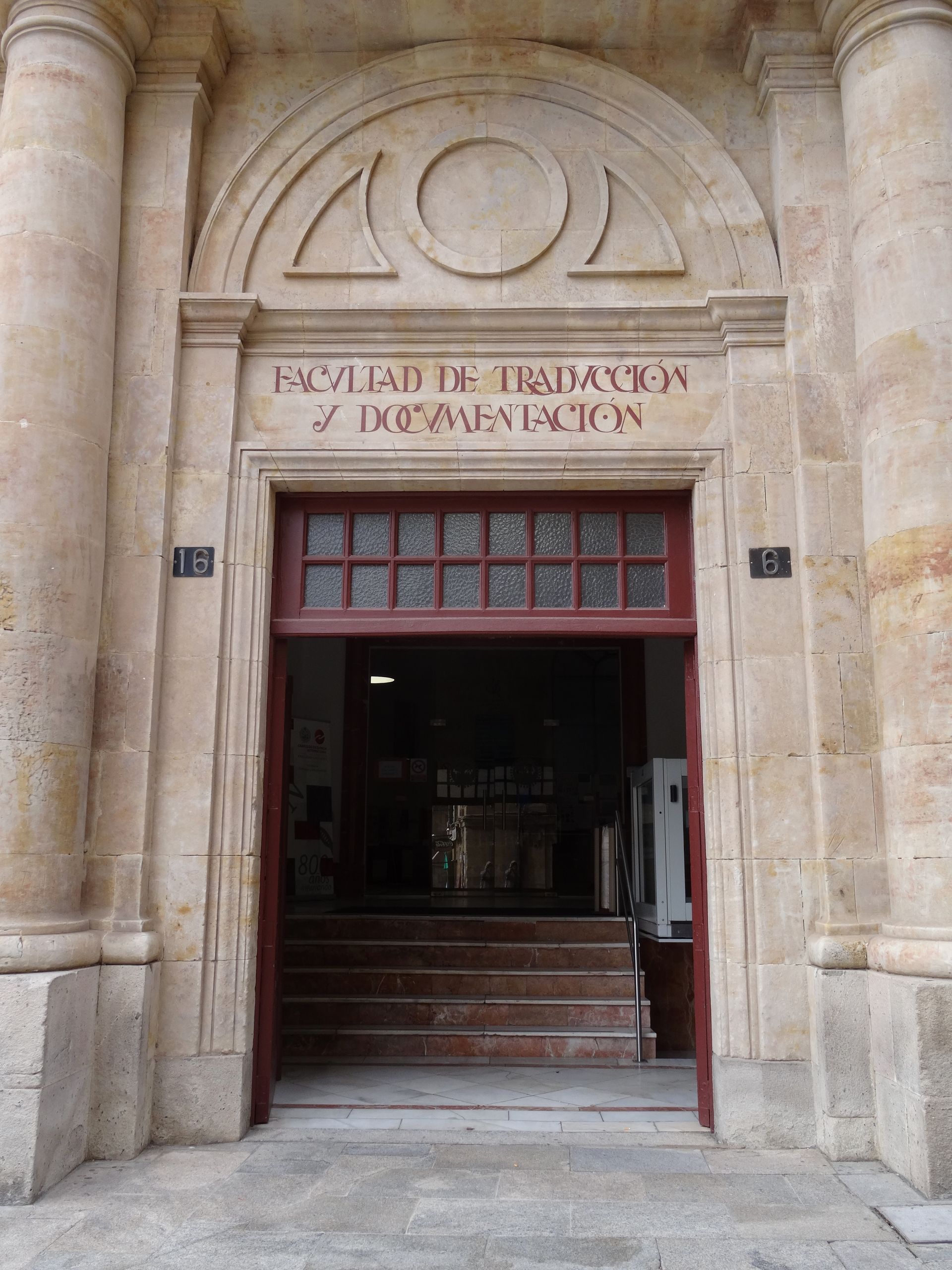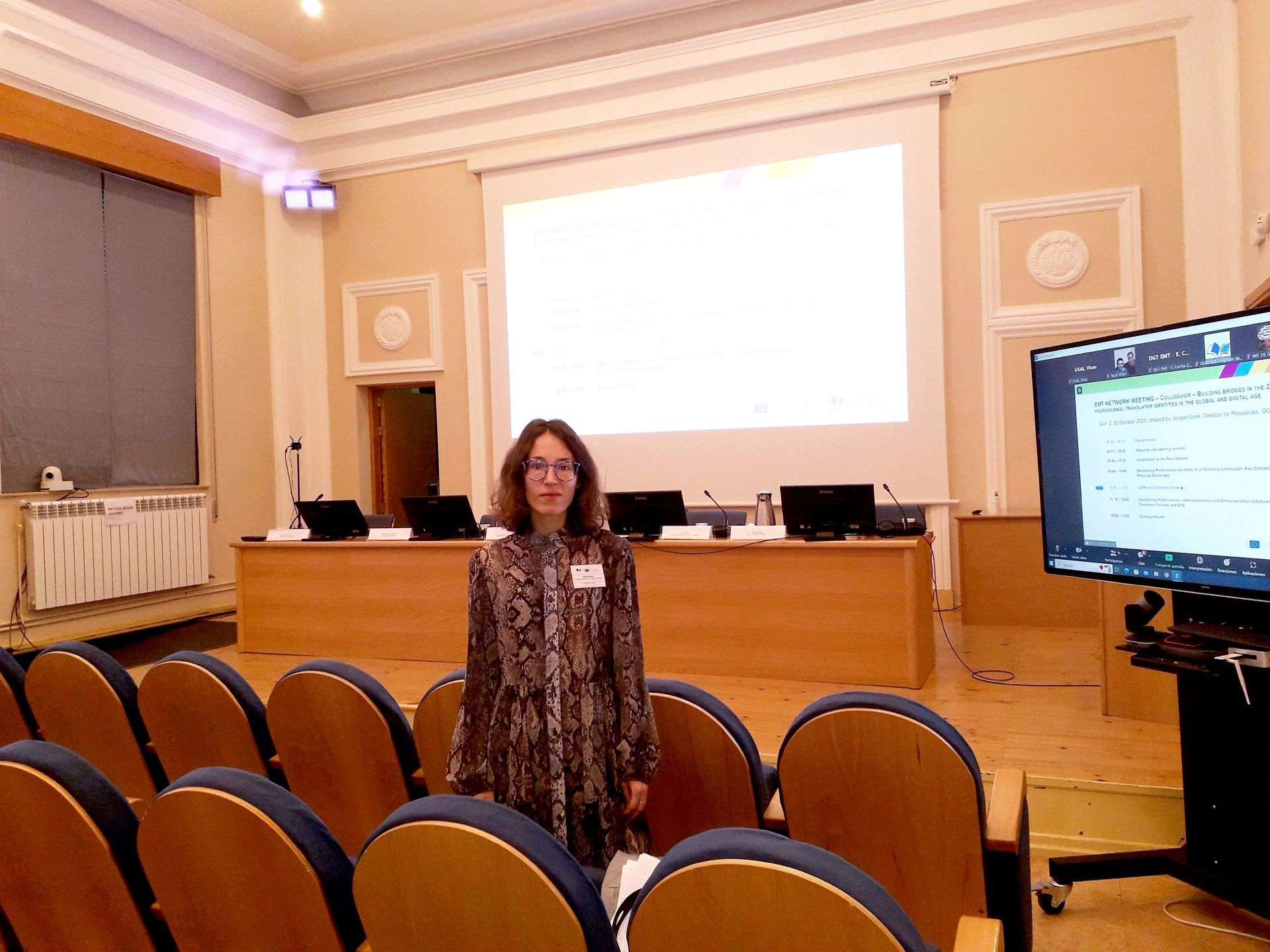Participation in EMT Network Event in Spain
Ventspils University of Applied Sciences’ Master’s program in “Translation of LSP Texts” is part of the prestigious European Commission-run network “European Master’s in Translation” (EMT). Marking the end of EMT’s five-year cycle, a network meeting was held on October 19–20 in Salamanca, Spain. The event took place at the Faculty of Translation and Documentation of the 800-year-old University of Salamanca, gathering representatives from the European Commission’s Directorate-General for Translation and EMT-affiliated universities.
The first day focused on enhancing translators’ skills in the era of artificial intelligence (AI). Christos Ellinides, head of the European Commission’s Translation Department, said that translators today need a wide range of skills. Besides language and technical knowledge, they also need good social skills. Society needs trustworthy AI tools that prioritize human values. However, with the rapid development of generative AI, we can’t predict what a translator’s daily work will look like in one, two, or ten years. This makes it crucial for translators to stay open to new technologies while remembering that large language models are fundamentally mathematical, and language data is abstracted and simplified in the process.
Several key insights emerged from the event: students must be educated about AI and have equal access to AI tools; linguistic competence remains critical, especially in post-editing machine-translated texts; AI solutions should be integrated with computer-assisted translation tools; flexibility and a readiness to learn are essential for students; interdisciplinary skills are increasingly important.
Adaptability and openness were mentioned several times. It was also mentioned that AI will force average translators to choose other jobs and that only very good and excellent translators who can outperform machine translators will continue to work in the sector.
The event also presented several projects, such as the development of a competency model for translators that emphasises strategic and methodological skills, including post-editing, alongside communication and language skills and textual literacy. Another project offered a self-assessment tool for beginners and intermediate translators. Attention was also paid to learning how to manage translation projects and how study, research, and work together make a professional.
Colleagues from other universities talked about attracting future students, recognising that translation as a profession is invisible. To change this, there are open events for secondary school students, printed and electronic materials, promotion of the profession and programmes on social media sites, a translation competition for secondary school students, practical workshops, fiction reading sessions, and dedicated sections on the university website for secondary school students and teachers.
On the second day, the European Commission gave the floor to the University of Salamanca, which, by inviting representatives from five other Spanish universities, explored the identity of translators in this global and digital age. It was pointed out that machine translation is not the end of human translation – machine translation is transforming the translation profession – but that the role of the translator has always been very diverse. It was also recommended that technology should be implicit in all courses of study and that we need the help of technology, but we cannot let it lead us.
EMT graduates also shared feedback on how study programs could be improved. For example, students often feel intimidated by automated translation workflows but would be interested in a dedicated course on data handling to boost their confidence. Other practical study issues were also discussed, such as the importance of language technology and post-editing courses, the fact that in a computer-assisted translation course it is enough to fully master one tool, and that the ability to work with translation memory should take precedence over the ability to work with machine translation.
Share on other platforms
Other news
